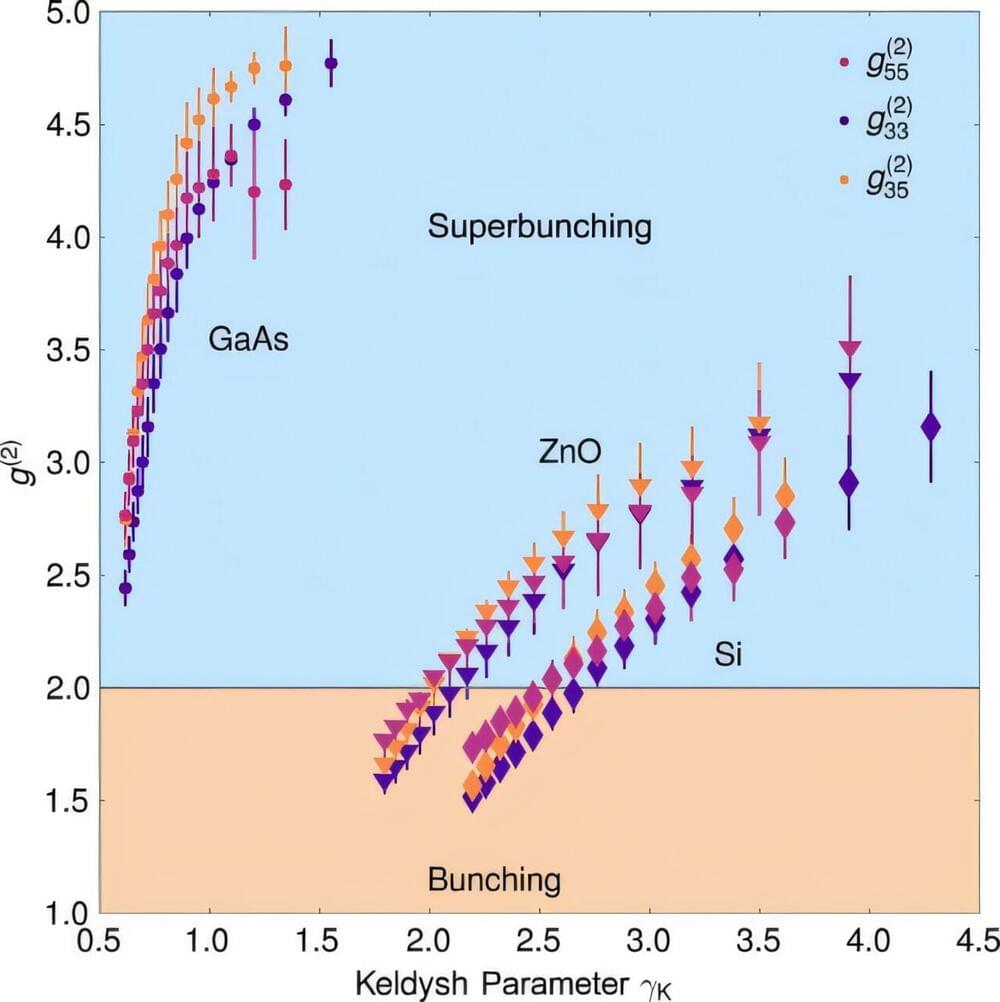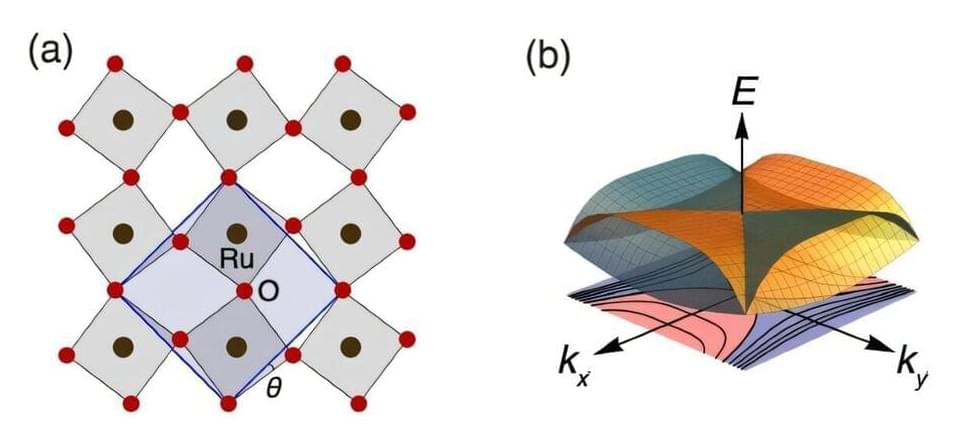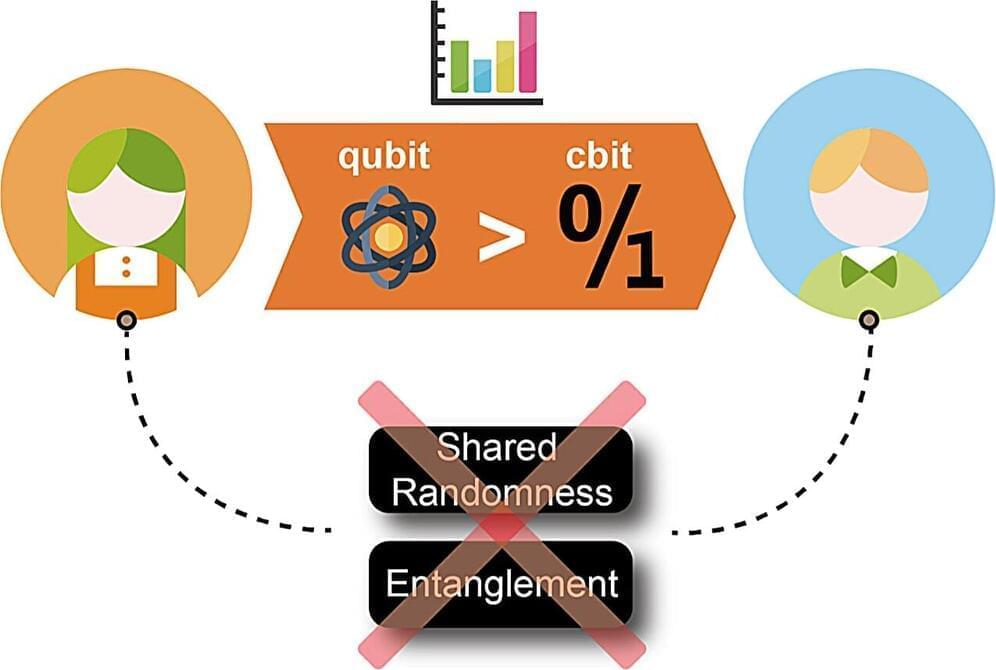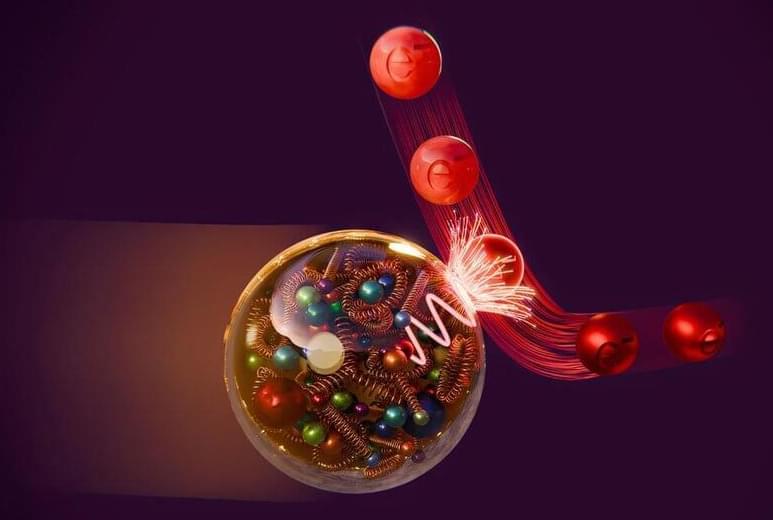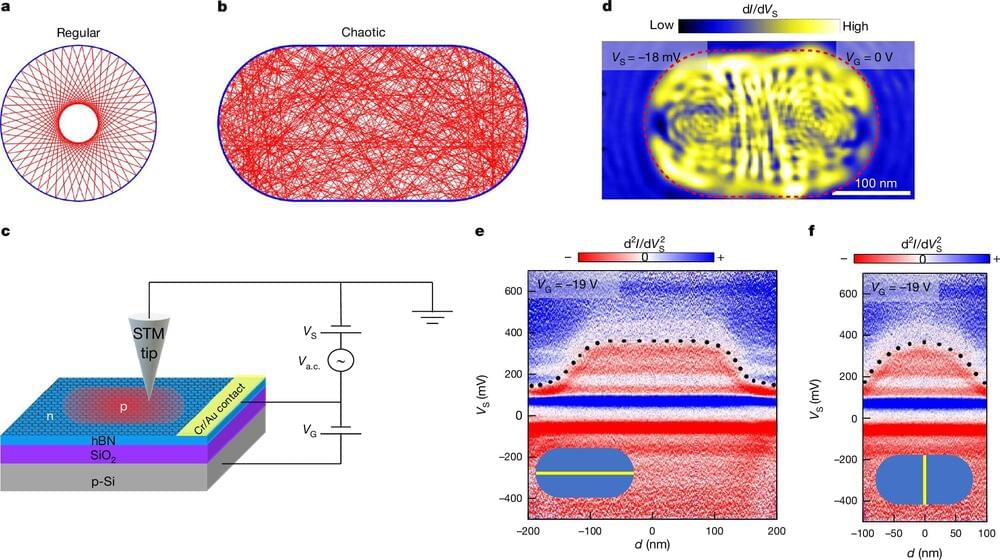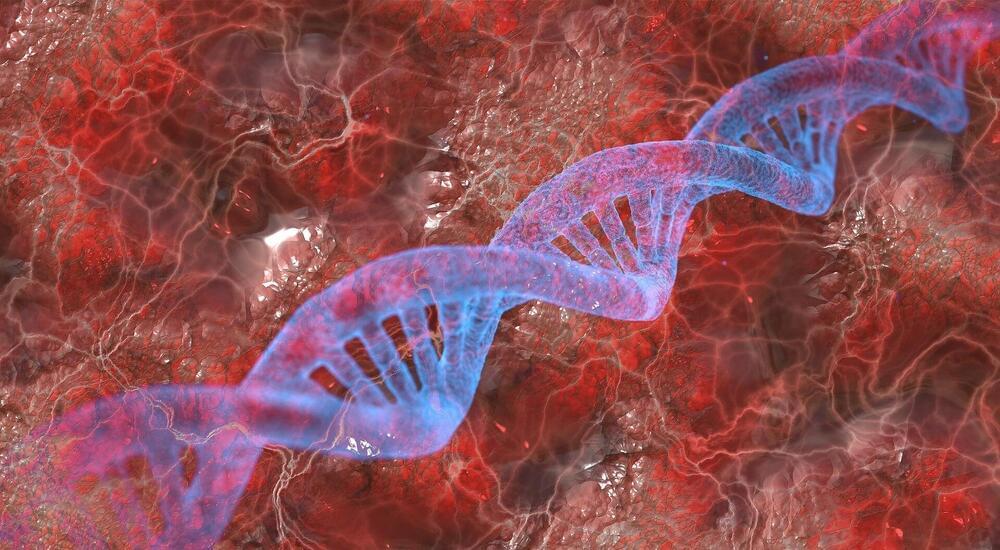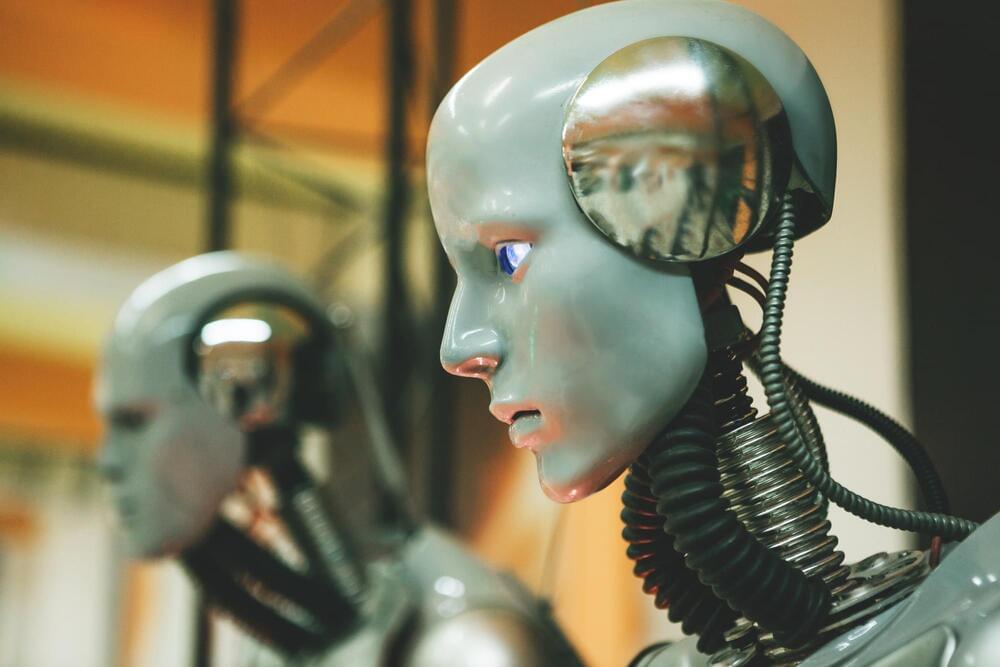Dec 3, 2024
AI has use in every stage of real estate development, HPI execs say
Posted by Shubham Ghosh Roy in categories: chemistry, nanotechnology, particle physics, quantum physics, robotics/AI, satellites
What do motion detectors, self-driving cars, chemical analyzers and satellites have in common? They all contain detectors for infrared (IR) light. At their core and besides readout electronics, such detectors usually consist of a crystalline semiconductor material.
Such materials are challenging to manufacture: They often require extreme conditions, such as a very high temperature, and a lot of energy. Empa researchers are convinced that there is an easier way. A team led by Ivan Shorubalko from the Transport at the Nanoscale Interfaces laboratory is working on miniaturized IR detectors made of colloidal quantum dots.
The words “quantum dots” do not sound like an easy concept to most people. Shorubalko explains, “The properties of a material depend not only on its chemical composition, but also on its dimensions.” If you produce tiny particles of a certain material, they may have different properties than larger pieces of the very same material. This is due to quantum effects, hence the name “quantum dots.”

